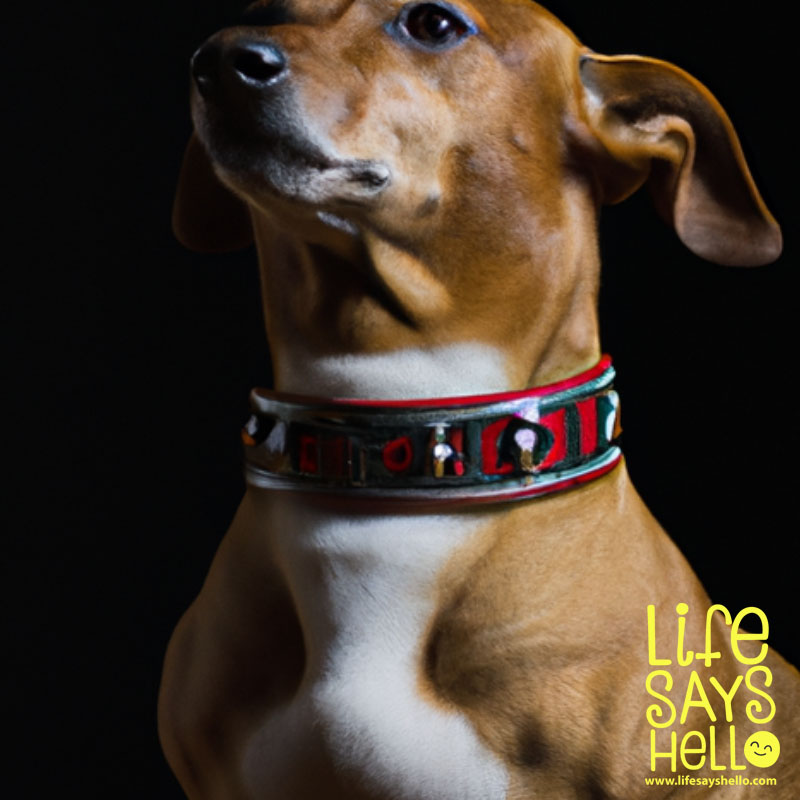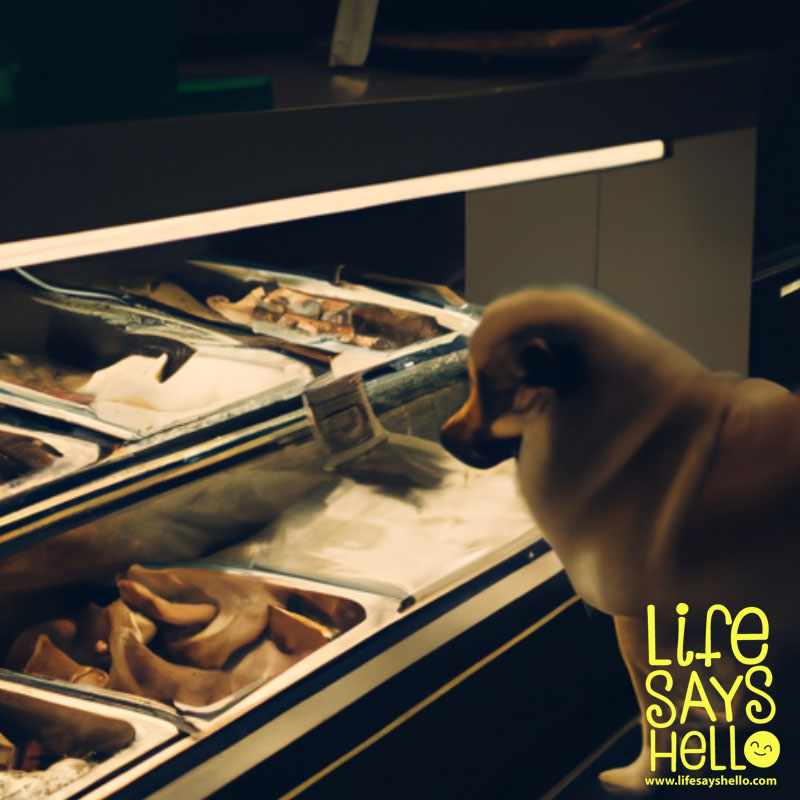Can Dogs Eat Couscous? The Health Benefits and Precautions

Couscous has become a popular staple grain around the world. But is this nutritious side dish safe for your canine companion to eat? Many owners wonder, can dogs eat couscous?
The short answer is yes, dogs can eat couscous in moderation. Couscous is a healthy whole grain made from semolina wheat. It provides protein, dietary fiber, and antioxidants for dogs. However, couscous should always be served plain, without any seasonings. It also shouldn’t make up a large part of your dog’s diet.
Read on to learn all about the benefits of couscous for dogs as an occasional treat. You’ll also find tips for preparing and serving it safely. Let’s dig into this grain!
What Is Couscous?
Couscous is a pasta-like food made from coarse-ground durum wheat semolina. The semolina wheat is rolled into tiny balls that are then steamed. This creates the light, fluffy texture that couscous is known for.
Traditionally, couscous was a staple grain in North African cuisines. But it has spread in popularity around the world in recent decades. Couscous makes a nice alternative to rice or quinoa for an easy, nutritious side dish.
Couscous is available in different sizes. The smallest size is Moroccan couscous, which has the fluffiest texture. Israeli couscous has larger pearls that are about the size of peppercorns. Lebanese couscous is somewhere in between the two.
The Benefits of Couscous for Dogs
So why might you consider sharing a bit of your couscous with your canine buddy? Here are some of the key nutrients and benefits couscous can provide for dogs:
Protein for Energy
Couscous gets its protein mainly from the wheat it’s made from. The protein in couscous contains essential amino acids that dogs need for growth, maintenance, and energy.
The protein content isn’t extremely high compared to meats. But couscous can contribute some additional protein to your dog’s diet.
Dietary Fiber for Digestion
Couscous contains dietary fiber, thanks to the wheat bran coating on the semolina beads. Fiber helps promote digestive health in dogs by adding bulk to their stool.
This allows food to move smoothly through the digestive tract. Fiber can also help dogs feel full after eating.
Selenium Antioxidant for Immunity
In addition to protein and fiber, couscous contains the trace mineral selenium. Selenium plays an important role in thyroid function and immune health in dogs.
It acts as an antioxidant, helping to eliminate free radicals that can damage cells. Selenium supports a healthy immune response when dogs are exposed to viruses.
Precautions for Feeding Couscous to Dogs
While couscous can provide some nutritional value for dogs, there are some precautions to take when feeding it. Here are a few things to keep in mind:
Only as an Occasional Treat
First, couscous should always be fed only as an occasional treat. It should never become a significant part of your dog’s regular diet.
Dogs need a balanced diet mainly comprised of quality protein and fats. Couscous is high in carbs, so too much could lead to weight gain or spike blood sugar.
A few tablespoons of couscous a couple times a week is a good guideline. But check with your vet if you have any concerns.
Serve It Plain and Simple
When preparing couscous for your dog, be sure to serve it plain. Don’t add any seasonings, spices, oils or other flavorings.
Onions, garlic, salt and other common seasonings can be harmful for dogs. Butter or oils could lead to pancreatitis. Stick to plain, unseasoned couscous.
Also avoid instant flavored varieties, which often have additives your dog doesn’t need. Go with plain instant couscous or dry couscous you prepare from scratch.
Limit Portion Size
As with any treat for dogs, it’s important to limit the portion size of couscous you serve. The amount will vary based on your dog’s size and activity level.
A few tablespoons or less is a good starting point. For small dogs, a teaspoon or two is plenty. Large active dogs may be able to handle up to 1/4 cup.
Start small and watch your dog’s reaction. Increase the amount slightly over time if they tolerate it well. Too much couscous could lead to weight gain or other issues.
Preparing and Serving Couscous for Dogs
To cook basic couscous to serve to your dog, follow these easy steps:
Cook the Couscous
If using regular dry couscous, bring water or broth to a boil. Add a pinch of salt if desired. Then stir in the couscous, remove from heat, cover and let sit for 5 minutes. Fluff with a fork.
For instant couscous, simply add it to a bowl and pour hot water or broth over top. Cover and let sit for 5 minutes before fluffing with a fork.
Allow the couscous to cool to room temperature before serving it to your dog.
Boost Flavor
For extra flavor, use low-sodium chicken, beef or vegetable broth instead of water. Or mix in a bit of cooked lean meat like chicken, beef or turkey.
You can also use bone broth, which provides extra nutrients. Just avoid onions, garlic or other seasonings.
Start with Small Servings
When first introducing couscous, start by offering your dog just a teaspoon or two. Mix it into their regular food or offer as a treat.
Gradually increase the serving size over a period of days or weeks.
This allows their digestive system to adjust to the new grain. Monitor them for any signs of an upset stomach or allergic reaction.
Some dogs may have sensitivities to wheat. So introduce couscous slowly and look for symptoms like diarrhea, vomiting, itching or hot spots. Discontinue use if any concerning symptoms develop.
Supervise Your Dog
It’s also important to supervise your dog when serving couscous to prevent choking. The small pearls of couscous can present a choking hazard, especially for large breed dogs who eat too fast.
Consider moistening the couscous with broth or water to reduce this risk. But always watch your dog while they are eating to be safe.
Couscous expands in the stomach as it absorbs moisture. So serve it separate from your dog’s main meal and limit the portion to avoid bloating.
The Verdict: Couscous in Moderation
When served properly, couscous can be a beneficial occasional treat for most dogs. The nutrients it provides can add variety to your dog’s diet. Here’s a quick summary:
Couscous is a healthy whole grain that is safe for dogs to eat in moderation.
It provides protein, fiber, selenium and other nutrients dogs need.
Always serve couscous plain, with no seasonings, spices or oils.
Limit the amount based on your dog’s size and monitor their tolerance.
Add broth or lean meat for flavor and moisture.
Slowly introduce couscous over time in small servings.
Don’t replace balanced dog food with couscous long term.
While couscous shouldn’t be a staple food, the occasional small serving can be a safe, nutritious treat. It provides a nice change of pace from regular treats or table scraps.
Talk to your vet if you have any concerns about incorporating couscous into your dog’s diet. But for most healthy dogs, a bit of plain couscous is A-OK!
Conclusion
Couscous is growing in popularity around the world, and for good reason. This nutritious whole grain wheat product provides protein, fiber and other beneficial nutrients.
While couscous shouldn’t replace a balanced dog diet, the occasional small serving can make a healthy, pet-safe treat. Just be sure to serve it plain, limit the quantity, and monitor your dog’s reaction.
Introduce couscous slowly to allow your dog’s digestive system to adjust. Also supervise them while eating to prevent choking on the small beads.
With some common sense precautions, couscous can be a tasty way to add some variety to your dog’s diet. It provides a nice change of texture and flavor.
So feel free to safely share a spoonful with your pup. Couscous can be a healthy addition when fed in moderation to dogs. Just use caution and check with your vet if you have any concerns.
Does your dog enjoy couscous as an occasional treat? What’s their favorite way to eat it? Share your experiences in the comments!




Comments